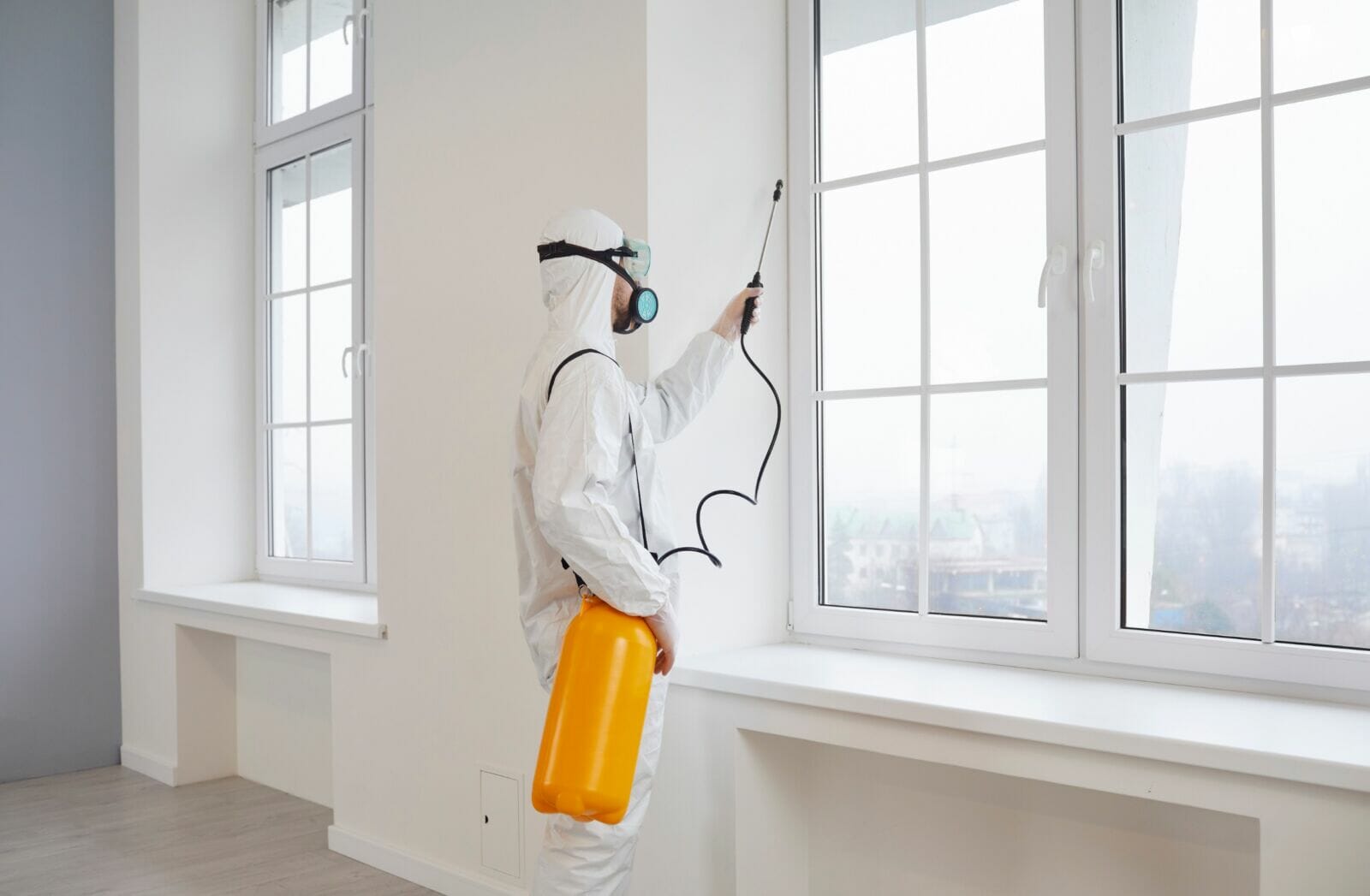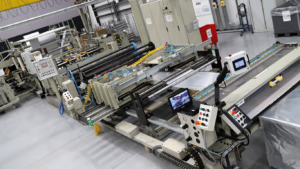Pest issues are a serious concern for homeowners and businesses alike. Across various regions, pests can invade properties, causing damage and posing health risks to occupants. This comprehensive article discusses the importance of pest extermination for homes and businesses. It explores preventative measures, professional services, DIY pest control methods, and recommendations on choosing a pest exterminator.
Common Pests
Various types of pests may wreak havoc on both residential and commercial properties. Some common pests include:
- Termites – These wood-destroying insects can infest properties in warm climates. Termite infestation can cause severe structural damage if left unchecked. Additionally, termite colonies often go undetected until significant harm has occurred.
- Scorpions – While generally not aggressive, scorpions pose a risk due to their venomous stings which can lead to allergic reactions or require medical attention in some cases. They’re known to take up residence near water sources or landscaping features where other insect prey might be abundant.
- Ants – Numerous ant species may harm property or people like fire ants or carpenter ants that result in costly repairs and redone gardening projects.
- Rodents – Mice and rats are hazardous pests that pose health risks through transmitting diseases like hantavirus pulmonary syndrome by contaminating food sources with their droppings. Additionally, they cause structural damage by gnawing on wires, affecting electrical systems and increasing fire risks.
- Bed bugs – These small parasites are notorious hitchhikers that can quickly spread throughout a property by attaching themselves to clothing or luggage, causing occupants physical discomfort from their bites.
The Impact of Pest Infestations on Homes and Businesses
Pests may have several adverse effects on homes or businesses:
- Property Damage: Persistent pest infestation can degrade the structural integrity of buildings, weakening support beams, or creating moisture-harvesting conditions suitable for mold growth.
- Health Risks: Pests such as rodents or cockroaches can carry diseases that pose significant health risks to humans.
- Negative Impact on Business Reputation: A pest-infested commercial establishment could lose customer trust; this may result in a loss of revenue and negative reviews on sites like Yelp, ultimately affecting the brand integrity.
Preventing Pest Infestations for Homes
Adopting preventive measures is crucial in maintaining a pest-free home:
- Regular inspection and maintenance: Regularly check your home’s exterior, foundation, roof, windows, and other potential pest entry points. Seal any cracks or gaps that may allow pests to enter.
- Proper sanitation practices: Keep your property clean to avoid creating food sources or hiding spots for pests.
- Sealing gaps and cracks around the property: Use caulk or other sealants to block crevices where pests can gain entry.
- Monitoring high-risk areas: Regularly inspect and maintain spaces like kitchens and bathrooms that are more prone to moisture buildup and conducive to pest infestations.
Preventing Pest Infestations for Businesses
Implementing pest management strategies is essential for commercial establishments:
- Integrated Pest Management (IPM) Program: A comprehensive approach to pest control that involves regular monitoring, preventive methods like sealing up entry points, and deploying environmentally friendly solutions such as bait stations.
- Shared Responsibilities Among Employees: Make cleanliness a shared responsibility among staff members by assigning specific roles for cleaning tasks.
Choosing a Professional Pest Extermination Company
Selecting the right exterminator is crucial in efficiently addressing pest infestations:
- Experience & Expertise: Opt for an extermination company familiar with pests common to your area. Ensure you select a firm suited to your specific needs. For example, restaurant owners should engage a commercial pest control service, as they’re equipped to address the unique challenges businesses face.
- Licensed & Certified Professionals: Ensure the company employs licensed operators who possess necessary certifications following state regulations.
- Environmentally Friendly Solutions & Methods: Opt for companies utilizing eco-friendly approaches in managing pest issues.
DIY Pest Extermination Methods
Sometimes DIY methods may suffice; however, knowing when professional help is warranted is also essential.
- Cautionary Measures When Using Pesticides – Follow appropriate safety practices when handling pesticides (e.g., wearing protective gear or keeping pets away).
- Common Home-Based Solutions – Various home remedies for pest control exist, such as using vinegar to remedy ant infestation or natural deterrents like mint oil for repelling rodents.
Conclusion
In maintaining a pest-free property, it is essential to adopt preventive measures and make informed decisions when seeking professional extermination services. Remember that a proactive approach will not only save you time and money but also ensure the safety of those living or working within your property.
By staying vigilant about potential infestations and regularly checking for signs of problems, you can minimize the impact of pests on your home or business. Additionally, investing in appropriate landscape maintenance practices can further safeguard properties from the threats posed by various pests. Taking these steps will protect your investment and enhance overall quality of life for everyone involved.




